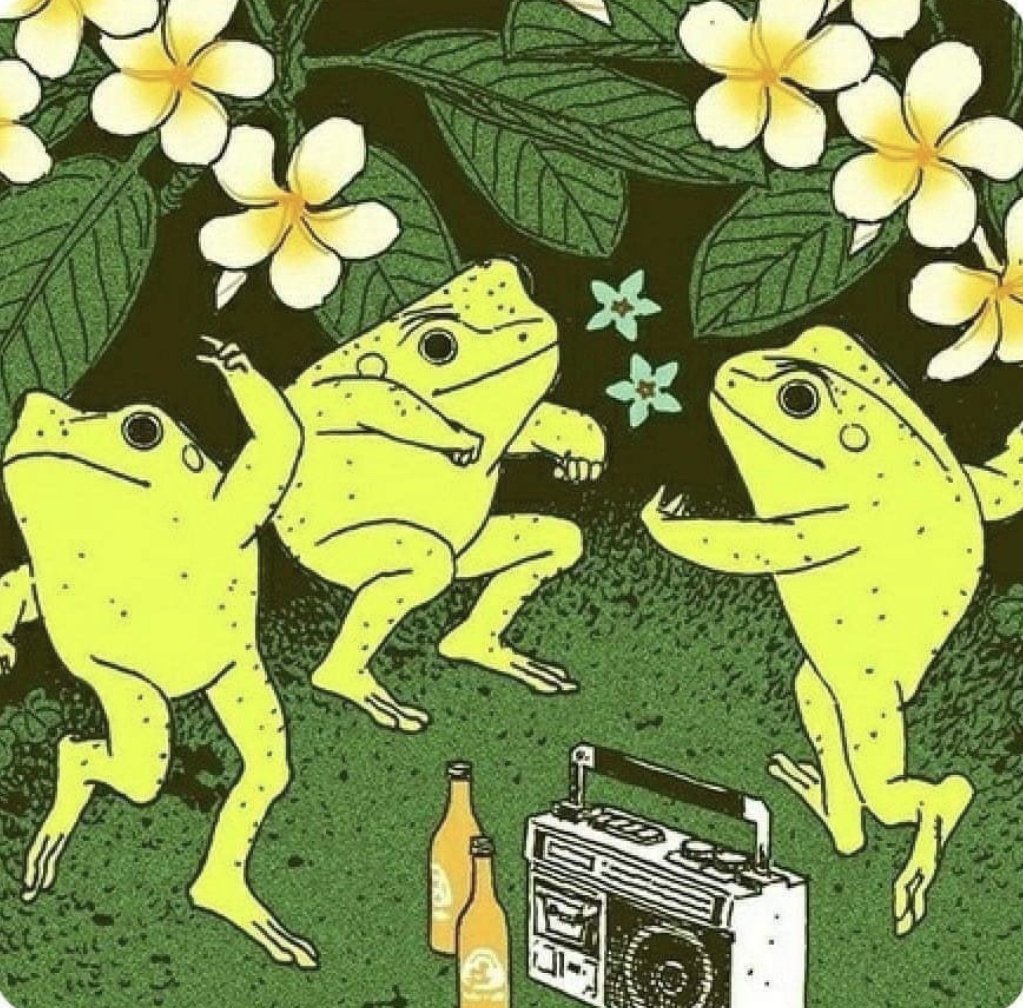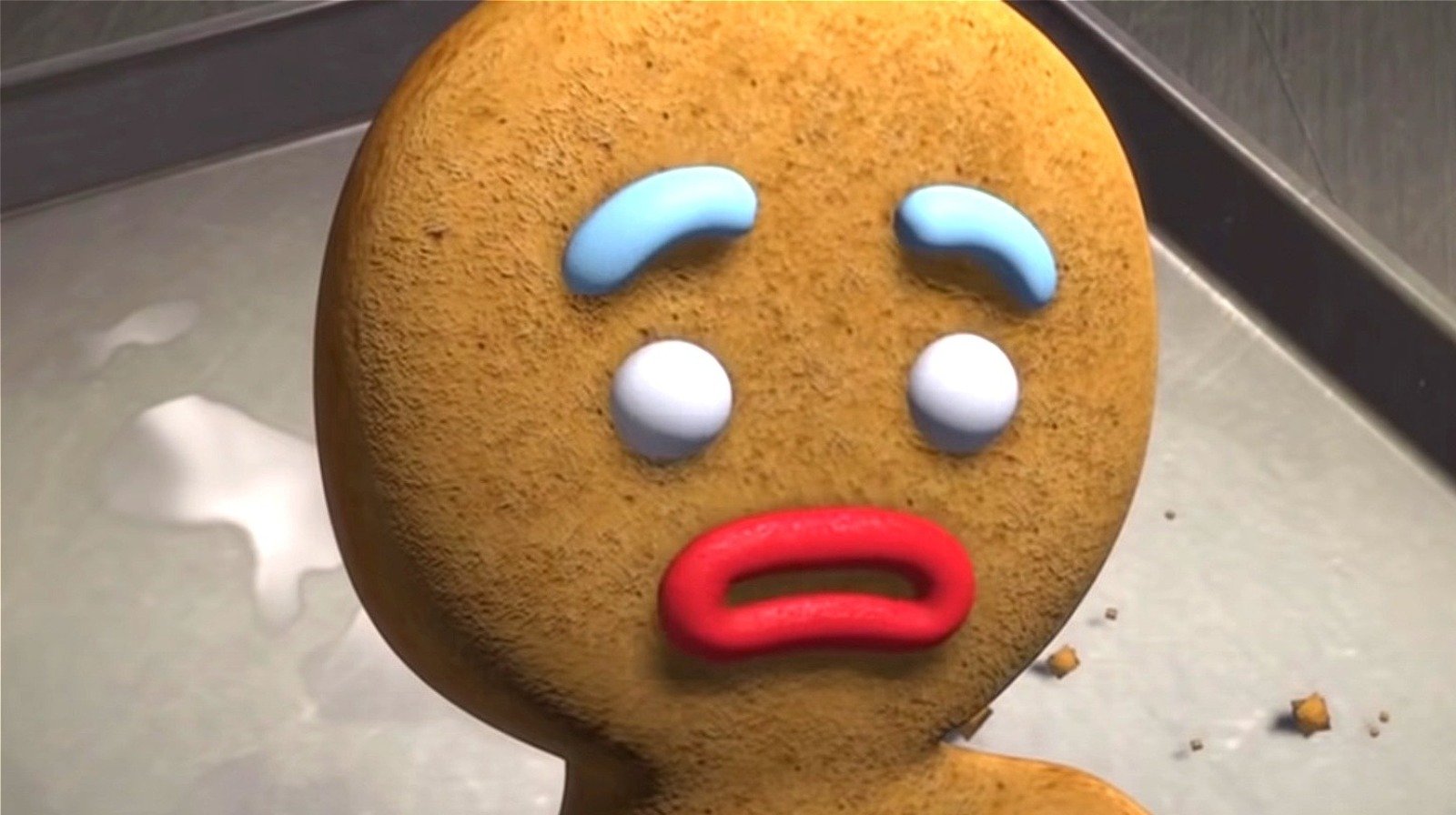It was never needed in the past and ads no context that a simple exclamation point or bold letters could do if a person wants to add emphasis.
It does add context though.
If I just said “it adds context”, it’s not seen as a counterclaim to your claim. It’s just a new standalone statement.
This is the correct answer. It doesn’t address the multiple mistakes in English and spelling that the OP ended up writing, though. Nor does it address the spelling variant, although that does not seem to be the particular focus of the original enquiry.
Nor does it address the spelling variant
Tho = 3 letters, all necessary
Though = 6 letters, 3 unnecessary
So, brevity.
Additionally, “tho” is more casual and observational in usage, “though” implies more a more deliberate counterpoint.
Yes, this is a great point.
What if you’re not into the whole brevity thing though?
Then use the whole word
The great news about language is you determine how it’s used, so if you want to superfluouate your words, go for it. I suppose the only limitation on how you use language is your ability to communicate with people you need to. And, like, some laws.
I kno.
I no*
ik
Exactly. An exclamation point or bolding your letters sure does add emphasis, but if you actually wanted to make it a clear counterclaim, though or tho does the job a whole lot better.
Did you italicize when you should have bolded? Hate when that happens.
I sort of use it like as a hybrid of
yes andyes butMight be the people-pleaser in me but I find it helps to make a contention both more palatable to hear and likely to be engaged with since you’re agreeing but also clarifying where you sense incongruity
Looking for an explanation, yes? It’s a linguistic convention, totally. I mean, you know, we add a lot of unnecessary words, like, serious. It’s superfluous verbage. Look, I know it seems to be a recent thing, but it’s, like, been going on for a long time, right?
The cheek in this comment, tho
linguistic convention, innit?
trump speech writer
You sure about that?
superfluous
I think this has been my favorite answer in any of these threads. So concise and tongue in cheek, I love it.
Language changes over time tho
I’ll be your huckleberry tho.
a simple exclamation point or bold letters could do
I’ll be your huckleberry.
But Wyatt I got the AIDs tho.
You’re a daisy if you do tho fam. It’d be real lit.
Say when tho.
I just want people to stop using “to” when they mean “too”, maybe it’s my adhd brain, but that is not something I can just read through. It pretty much always throws me off and I have to reread the sentence.
It do be like that tho
They don’t think it be like it is tho
But it do. Tho.
Narrator : Unaware of what year it was, Joe wandered the streets desperate for help. But the English language had deteriorated into a hybrid of hillbilly, valleygirl, inner-city slang and various grunts. Joe was able to understand them, but when he spoke in an ordinary voice he sounded pompous and faggy to them.
Upgradde, with two D’s for a double-dose of pimpin’.
I get this is likely a reference to something, but casually using slurs and linguistic elitism are both pretty lame.
Edit: Anyone care to share their issues with what I said rather than simply downvoting me?
I’m going to guess that it’s Idiocracy, in which case, those words are used because society had devolved into mindless rednecks. And EVERYBODY knows mindless rednecks LOVE those words.
haters gonna hate
To me it just looks like an opportunity to virtue signal by throwing someone else under the bus in terms of their reputation. It doesn’t allow the other to save face.
Also, the decision to categorize those things as slurs, which is the same category that contains the n-word, seems like an escalation of severity. The escalation of severity seems to only serve the purpose of taking the other person down a peg, and not of improving the state of discourse here.
I get that many people see it as a matter of: see bad behavior, call it out, improve the world. But there’s a cost to that kind of thing, just like there’s a cost in cutting down trees to improve an ecosystem. So to invoke that process, and cause that cost to be paid by the group, for a problem of insufficient size, to me seems counterproductive and more aligned with role playing heroism than actually enacting it.
“Faggot” isn’t a slur? Someone should tell all the homophobes who’ve yelled it at me over the years, they’d be devastated.
My goal was not to bring anyone down or to make myself feel superior, but to cause reflection on how the things they say can affect people. How would you suggest I should approach this in the future?
(Shameless self-promotion: if you like this subject, consider !linguistics@mander.xyz )
It’s being used as an adversative conjunction, connecting a phrase (usually a clause) with whatever precedes it, in a way that highlights that the precedent would incorrectly imply something. Here’s a set of examples showing it:
- “That ‘tho’ is like a ‘but’. But it’s used at the end of the sentence.”
- “That ‘tho’ is like a ‘but’. It’s used at the end of the sentence tho.”
- “That ‘tho’ is like a ‘but’. It’s used at the end of the sentence.”
#1 and #2 are equivalent: the first sentence introduces an information (that “tho” is like a “but”), that information implies something incorrect (if “tho” is like a “but”, it goes at the start of the sentence, right?), and the second sentence contradicts said implication (nope, “tho” goes at the end). With the “but” or the “tho”, that contradiction is explicit.
Now look at #3 - it sounds like [incorrectly] saying that “but” goes at the end of the sentence, unlike #1 or #2.
A conjunction going after the elements being “conjoined” might sound a bit weird, but it’s nothing new, or English exclusive. Latin for example used -que (additive conjunction; “and”) this way: first you list the items being conjoined, then plop a -que at the end. (Classical examples: “arma uirumque cano” [I sing the arms and men] and “Senatus Populusque Romanus” [Roman Senate and People]).
Now, on why it’s being used this way: there’s the spelling and the increased usage.
“Tho” as a short form for “though” is old; Merrian-Webster claims that it was already uncommonly used in the 18xx. It’s just that, nowadays, it became more socially accepted in informal writing, due to increased usage. This sort of “grammatical word” (conjunctions, articles, adpositions, copula verb etc.) tends to be rather small, both phonetically and spelling-wise.
And the usage of “though” as an adversative conjunction is attested from the 12th century. Probably even older since cognates in other Germanic languages also have the adversative meaning.
I’m not sure on what I’m going to say next, but I think that the increased modern usage is the result of some changes on how people interpret “but”. Some have been treating it as if it contradicted everything said before, like:
- Alice: “I wanted a banana pie. Not an apple pie.”
- Bob: “Why do you hate apples?”
- Alice: “I like apples, but I like bananas better.”
- Bob [who stopped hearing at the “but”]: “THAN U DUN LIEK APPLES!”
That probably led to increased usage of “though” because it’s used after whatever you said the relevant piece of info. So it’s basically a way to cut short an assumption before it even happens.
@lvxferre there’s an old trend in New Zealand and Australia to put “but” at the end of a sentence too, but.
I catch myself doing that when speaking, and it always makes me feel stupid. It’s like the speaking part of the brain is waiting for the thinking part to add a counter-point, but the thinking part is just like “sorry, I got nothing”.
That’s interesting.
It might be a parallel development to address the same issue. It isn’t like people incorrectly interpreting what others say is a new thing.
Another possibility is that, initially, the “but” came as an afterthought, to highlight the contradiction. Then in Oz+Kiwi English it became frequent enough to be conventionalised. Like (reusing my example from the earlier comment):
- Alice: “I like apples. I like bananas better. … but.”
A third possibility would be that that “but” initially implied something that got clipped for succinctness. I find it a bit unlikely due to your example, but I’ve seen people doing it with Portuguese “mas” (but):
- Alice: “Gosto de maçãs. Mas…” [implicit: “prefiro bananas”]
- “I like apples. But…” [implicit: “I like bananas better”]
@lvxferre because of the intonation, I think it’s likely the first one. It’s often used in a semi-humorous way.
Eg. “Charlene’s prettier than Stacey. Stacey’s dad owns a brewery, but.”
The Welsh do that too, but. And the Irish do something similar, so.
Chan its polite tho
Chan, I’m so glad I’m not the only one who immediately thought of this, tho.
OP-chan, it’s cute uwu tho
deleted by creator

Chan because it would be rude not to tho
Using “though” has a long history.
Tho is just for brevity, like drive-thru instead of drive-through.
You don’t think it be that way, but it do tho.
It does soften language that could otherwise be mistaken for harshness tho
What’s wrong with it tho?
Now? It’s been happening since cell phones became common. It started as lazy typing (or just bad spelling) and it just became a thing shortly after.
Any word that can be shortened was shortened, like ur example. If punctuation isn’t understood, it’s left out. The worst part of this is that spelling and grammar checkers are “smart”, so they integrate slang as “correct” and probably type mistakes for people automatically.
The spelling “tho” was commonly used back at least in North American informal writing in the 1980s already, and was proposed as a shorthand brief already by Thomas Shelton in his 1626 Tachygraphy. Predating cell phones a bit.
I am not sure if all my nieces and nephews were aware of Thomas Shelton or any of the first internet memes.
Still tho, you had a good knowledge drop.
Yeah for example this meme is old https://knowyourmeme.com/memes/y-tho
Lo, here we witness the claimant’s protest: “though” be not used in the past under any circumstance and still never shall it be shortened and used colloquially hence—for we all know: language may never change, even in the slightest!
….but really tho
Dat ass tho
Which one tho























